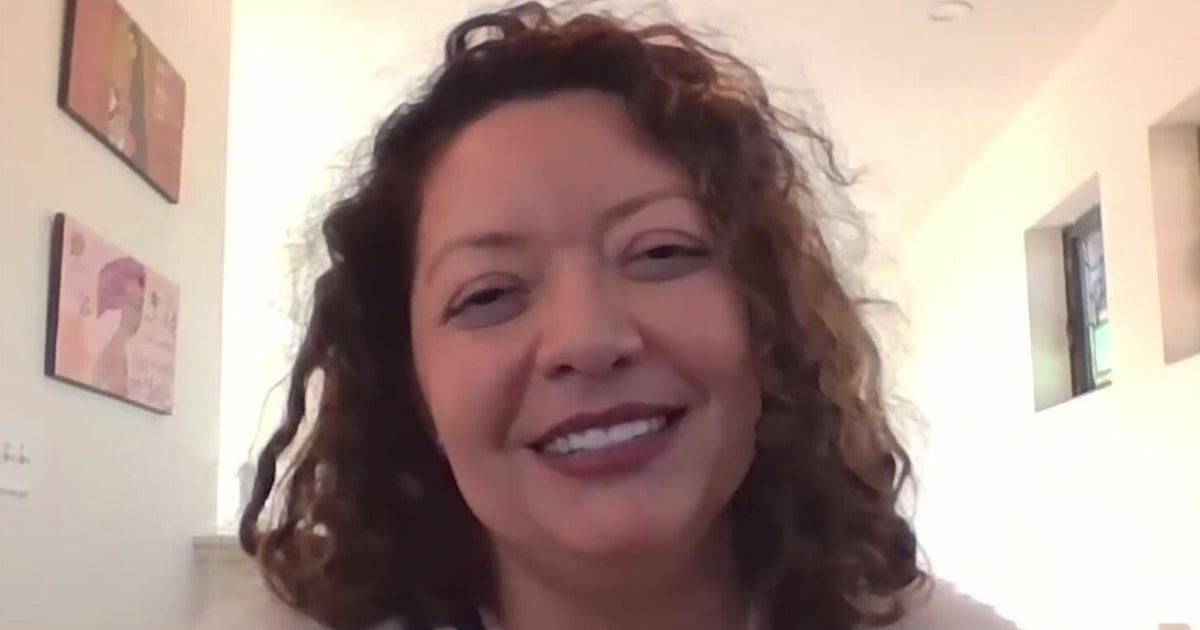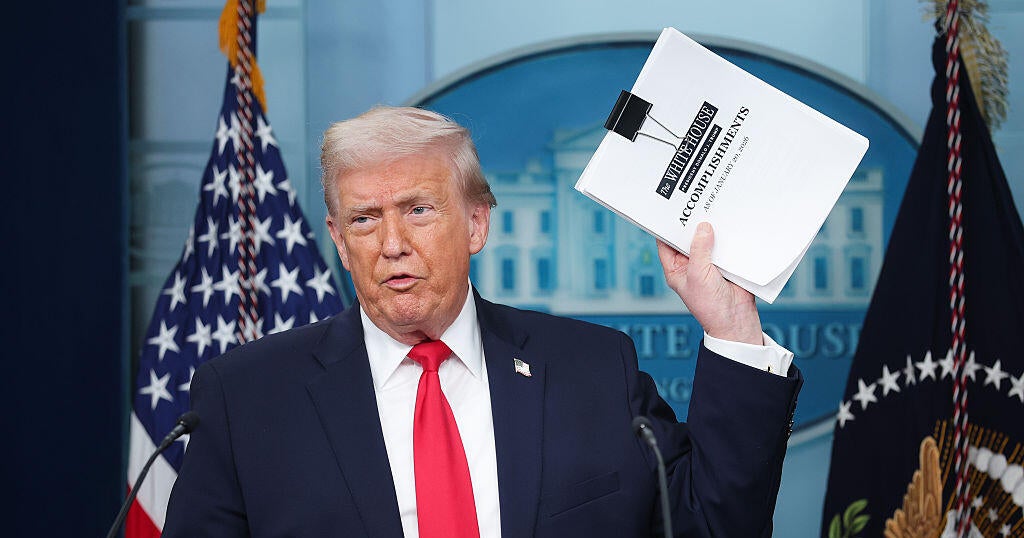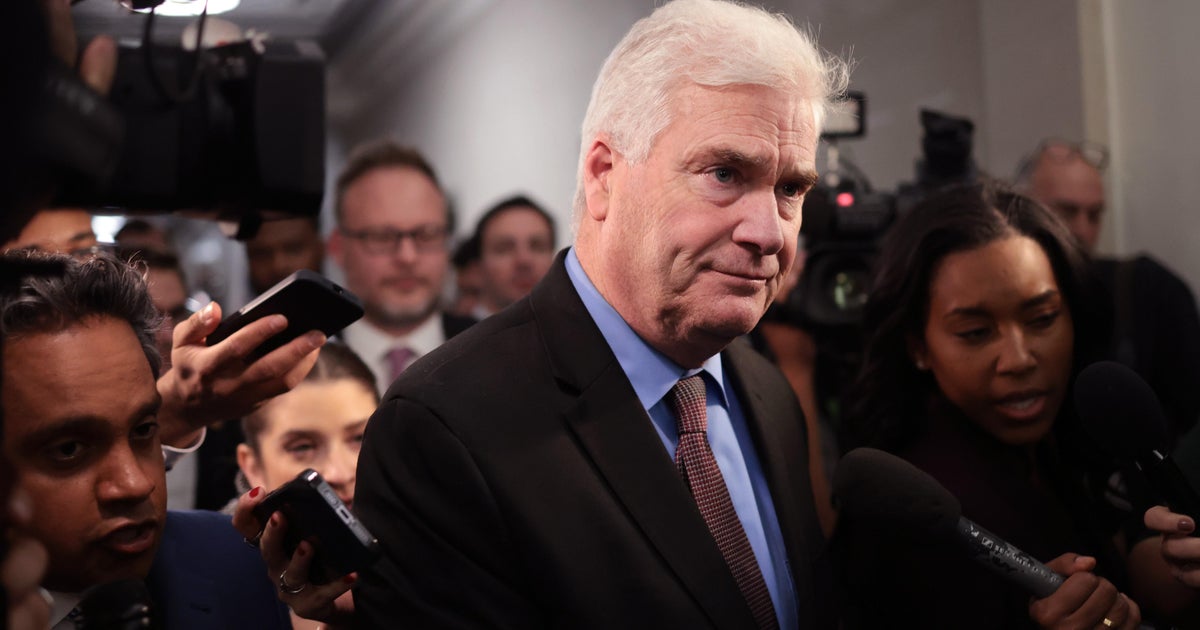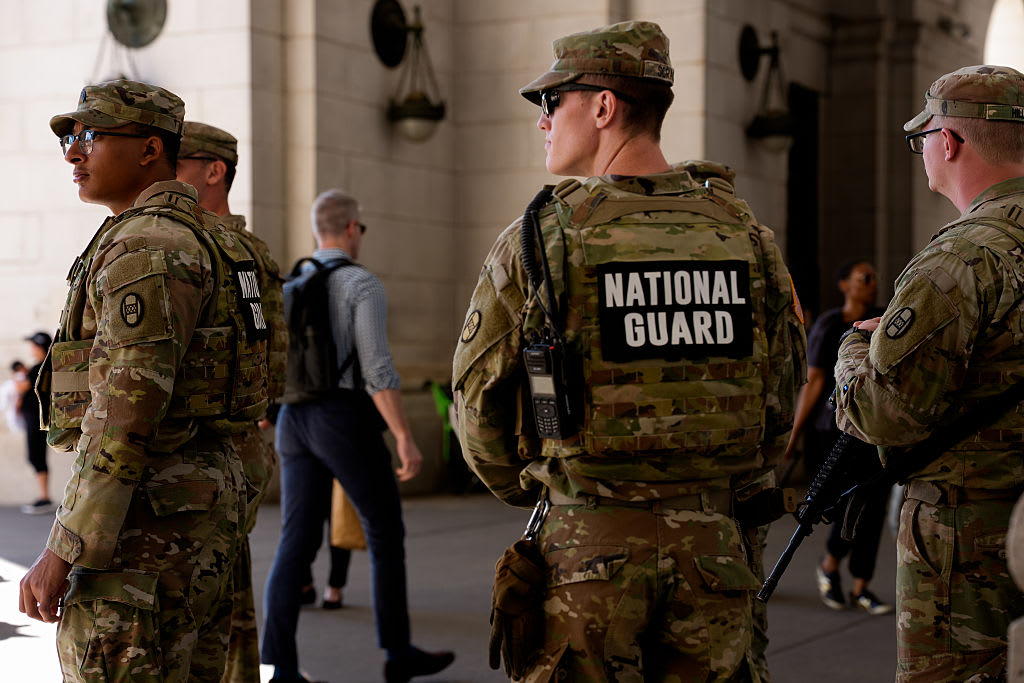Trump immigration rhetoric quiets after midterms, with thousands of troops at border
President Trump brandished his platform as commander-in-chief in the days leading up to the midterm elections to warn of a coming caravan or "invasion" of migrants and to elevate his calls for more drastic border security measures.
"Our military is being mobilized at the Southern Border," Mr. Trump tweeted on Oct. 31. "Many more troops coming. We will NOT let these Caravans, which are also made up of some very bad thugs and gang members, into the U.S. Our Border is sacred, must come in legally. TURN AROUND!"
Top White House aides insisted the timing of the president's immigration rhetoric — which included a pledge to end birthright citizenship, likely through executive order — wasn't about the midterms, even as Mr. Trump declared the migrant caravan a "great midterm issue for Republicans." Counselor to the president Kellyanne Conway insisted the push to end birthright citizenship wasn't intended to whip up the Republican base ahead of the elections.
"No, because if only the base had voted for him he wouldn't be president," Conway told reporters outside the White House in October. "So I think I understand that that's like the 'Sesame (Street)' Grover word of the day. That and fear and some other stuff. But no, it's not whipping up the base. There are constitutional scholars who say the 14th Amendment has been misinterpreted and actually the Supreme Court has never gave a solid opinion on this."
But in the days since the midterm elections, the president's riffs on illegal immigration, both on Twitter and in his few public remarks, have diminished.
Mr. Trump, who tweeted the word "caravan" nine times in the last two weeks of October, hasn't since Halloween, even as the caravan draws closer than ever. He also hasn't tweeted the word "immigration" since before the midterms. He's also tweeted the word "border" just once since the midterms, when he signed a presidential proclamation tightening asylum claims last week.
Meanwhile, the military has dispatched thousands of troops to the border at the Trump administration's request, meaning many won't be home for Thanksgiving festivities next week. Although the Pentagon says it's essentially "peaked" in terms of the number of troops at the border, according to Deputy Secretary of Defense Patrick Shanahan, there are still 5,900 troops at the border. Before the election, the president said that number could go as high as 15,000.
A splintered group of migrants from the first caravan has reached the southern border at Tijuana, but the president has said nothing publicly about it.
Mr. Trump told reporters last week he still plans to sign an executive order ending birthright citizenship, but he hasn't given a timeline for when that might happen. Asked if suggesting ending the protection was merely a political stunt, the president said it was not.
"No, no, no. We're signing it. We're doing it," Mr. Trump told reporters on the White House South Lawn last week. "And it will probably work its way up to the Supreme Court."
Mr. Trump did discuss border security with Senate Republican leaders in the Oval Office Thursday afternoon, according to White House deputy press secretary Hogan Gidley, but he offered no details on exactly what they discussed.
"The president met with Senate Majority Leader (Mitch) McConnell and Senators (Richard) Shelby and (John) Thune in the Oval Office to discuss the lame duck agenda, including the farm bill, government appropriations – including border security – disaster relief funding, nominations, and prison reform," Gidley said.





